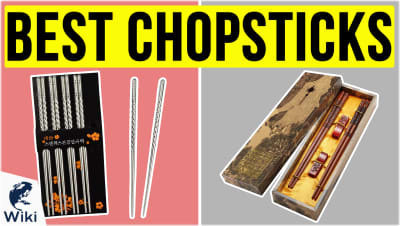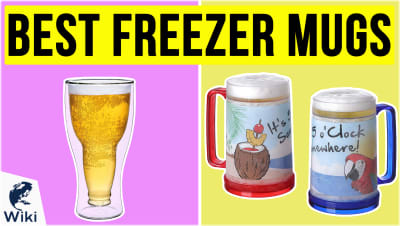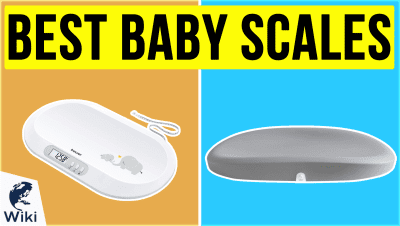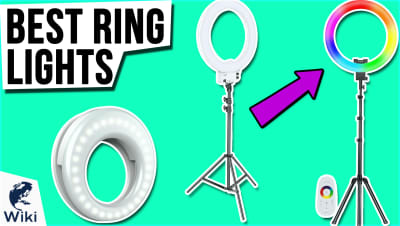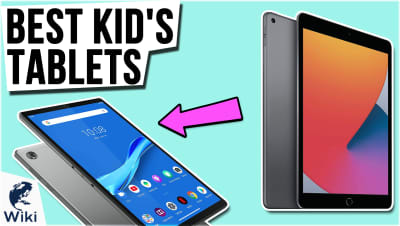What Is Ethereum Name Service?
Anyone who has tried to buy or sell assets using Ethereum has likely noticed the cumbersome addresses that go with Ethereum wallets. Ethereum Name Service attempts to simplify these names by letting users choose something that is easy to remember and simple to type. We'll cover what this website does and why it may prove useful. For more on how to make purchases on the Ethereum network, try this guide to MetaMask and our tutorial on claiming Factbars. This video was made with Ezvid Wikimaker.
Do I Need To Purchase A Domain To Trade Ethereum?
Having an Ethereum wallet is, in and of itself, free. First, you need to go to a site like Coinbase and buy some Ether. You'll then use an extension like MetaMask to make purchases. You can use your Ether to buy fungible tokens on exchanges like ForkDelta, or to buy crypto collectibles like CryptoKitties and Etheremon, either on their own sites or on marketplaces like Rare Bits and OpenSea. Currently, getting a domain is useful to those who have multiple wallets and need to keep track of them, or those who engage in a high volume of transactions and want a simpler way to give others their addresses.
The Philosophy Behind ENS
Does Ethereum Name Service Cost Money?
It will cost you something, but it doesn't have to cost much. Every name available has a different price. For some, you may be paying the original bidder for the right to use that name. Others are free because they haven't ever been claimed. However, when your transaction goes through on MetaMask, you will pay some Ether in order to initiate the transaction. That means it will cost a little, even if you choose a free name.
In Depth
In the world of cryptocurrency, Ethereum has gained a significant foothold because of its ability to involve smart contracts for both fungible and non-fungible tokens. However, the lengthy addresses can be intimidating, and this problem will need to be addressed if Ether is ever to become universal. Ethereum Name Service attempts to solve this problem by allowing users to claim simple domain names so you can be sure your payments are going to the right place.
If all that was confusing, don't worry. Let's start at the beginning. What is Ethereum? Most people are familiar with Bitcoin, the popular cryptocurrency that employs blockchain technology. The use of a decentralized ledger provides proof of transactions without a central authority. Ethereum is another cryptocurrency that has become incredibly popular and useful thanks to a set of standards called ERC20.
Beyond Bitcoin and Ethereum, there are many different types of coins available. Often companies will issue an "I.C.O.," where they sell tokens that represent a stake in their company, or use those tokens as currency to participate in that company's business. You can use Ether to buy and sell these tokens.
Beyond Bitcoin and Ethereum, there are many different types of coins available.
ERC20 tokens are like Bitcoin and Ether in that they are fungible, meaning all coins of a certain currency are the same. If you have two Bitcoins, and you plan to sell one, it doesn't matter which one you sell because they are worth the same amount. You can also deal in fractions of a coin in the same way you can deal in dollars and cents. But some assets are unique, or non-fungible.
To handle unique assets, ERC721 was created. This is a standard for smart contracts dealing in digital assets that are not all the same. One popular example is Factbar, online representations of facts that are researched and verified. If you own a Factbar, you are the only person who owns it at that time, and every Factbar has its own unique value. Highly-desirable Factbars can therefore fetch high prices.
In order to purchase an asset like a Factbar, you first need some Ethereum. You can buy it at a site like Coinbase. You'll then need a browser extension like MetaMask, which links to your Ethereum wallet. You can then claim the asset you want to buy, approve the transaction, and it will be initiated. Your wallet remembers your address, and the website recognizes you through MetaMask.
In order to purchase an asset like a Factbar, you first need some Ethereum.
But look at how long your Ethereum address is. You can't even read it when MetaMask is open, and there's no way you'd bother memorizing it. If you wanted to send some Ether to a friend, or enter into a direct swap of two Etheremon that are of the same value in the game, you'd have to use these addresses, and you might get scared off since there's a high likelihood of getting it wrong and sending the funds to the wrong person.
On exchanges like ForkDelta, the amout of jumbled characters can be so confusing that often people don't bother getting into crypto assets in the first place. Those who use Ethereum are betting on it becoming ubiquitous online, which means the process needs to be simplified. That's the goal of Ethereum Name Service.
ENS takes advantage of the decentralized nature of the blockchain to assign easily readable addresses that will take the place of those long strings of characters. If you want to send funds to someone, you simply need to know their address, which will end in an ETH extension. It's built on smart contracts, so it's secure, and anyone can register a name.
ENS takes advantage of the decentralized nature of the blockchain to assign easily readable addresses that will take the place of those long strings of characters.
On the homepage, select the option to name your wallet. All you need to do is search for a keyword and see if your preferred address is available. Names must be at least seven characters long. You'll see prices available, many of which may be at 0. Select one, and a MetaMask window will pop up.
You will have to pay a small amount to initiate the transaction. Many major applications like Etherscan and wallets like MetaMask already support ENS. It's important to note that for now, ENS still uses an interim registrar, which will be replaced with a permanent version in the future.
Much of the trading currently being done with Ethereum is in the form of crypto collectibles, which can be bought and sold on individual sites or on marketplaces like Rare Bits and Opensea. For these sites, your MetaMask wallet will easily link, so a name might not be necessary. However, if you have more than one account associated with MetaMask, ENS names can help you keep track of them.
For these sites, your MetaMask wallet will easily link, so a name might not be necessary.
Since exchanges like ForkDelta and EtherDelta are the main way Ether is used to buy and sell coins, you'll likely still encounter a lot of long, confusing addresses. The purchase of an ENS name is still speculative at this point, but just as we don't navigate to websites based on strings of numbers, we'll probably want simple names for crypto wallets in the future. Getting a good name now may end up being as prudent as purchasing a useful web domain back in the 1990s.

